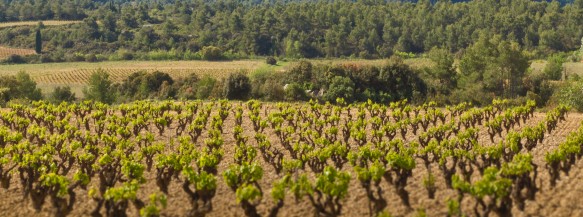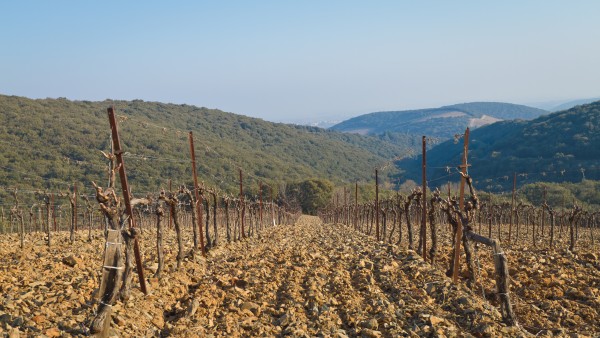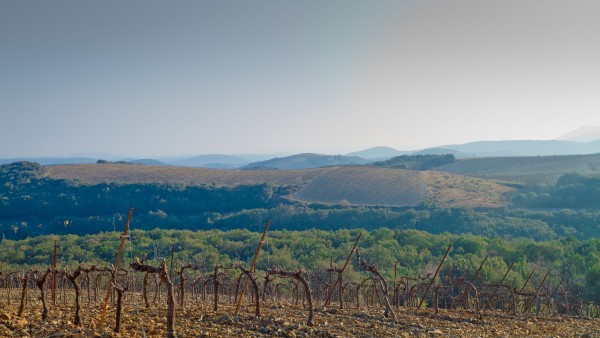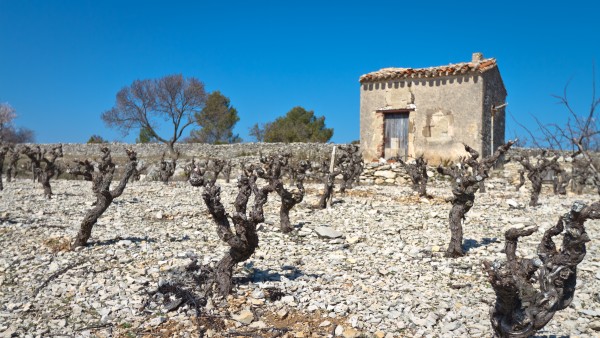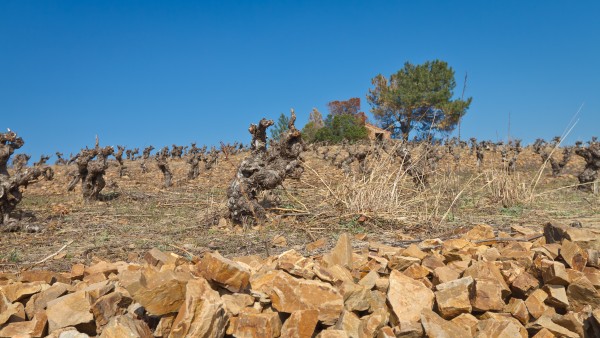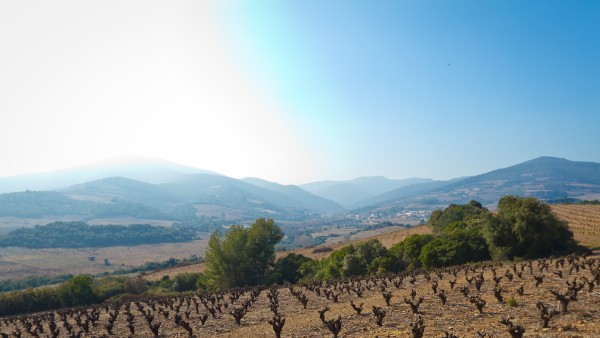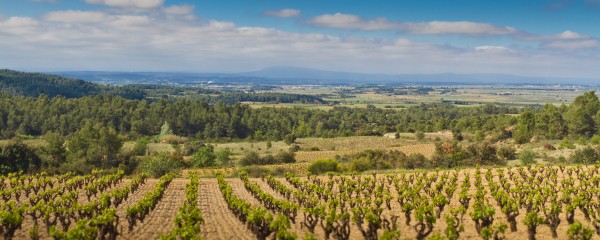After a winter and spring considered very dry in the Mediterranean region, the months of May and June gave a breath of fresh air to some of the winemakers. Several heavy and stormy days followed in the western Languedoc, Gard, and Provence, bringing significant amounts of much-needed rain.
However, this unstable weather was accompanied by hail in some areas (May 13th in Var, May 24th around Montpellier, June 13th in Minervois and northern Hérault). In the end, after the flowering, the situation was very varied, with rainfall reaching around 150mm in the north of the region but only 50mm on the coastal strip. Roussillon was an exception, with rainfall expected at the end of the summer season similar to that near the Sahara.
In terms of health, these early summer storms brought an unprecedented and late pressure regarding mildew, where the vigilance of the winemakers was put to the test in irrigated areas. Moreover, conditions with relative humidity also favored the development of grape worms.
In Languedoc, the temperatures during the summer were quite typical, but warmer in Provence. The vintage is shaping up to be less early than in 2022. Then came the famous late August heat dome with 3-4 days of temperatures exceeding 40-42°C and high overnight lows. This led to a rapid increase in sugar levels in the berries, forcing the winegrowers to anticipate the harvest of early varieties (whites, syrah, Pinot, and Merlot).
Regarding the reds, this late heatwave could have blocked and defoliated some vines, which waited for a temperature drop in early September to resume their maturation process.
We can thus observe two trends in this 2023 vintage marked by recurring winter drought. The lands benefited from a late watering, partly making up for this deficit and promising a fine vintage. The coast, on the other hand, had to cope with a more significant water deficit, resulting in a less abundant and more concentrated vintage. Once again, irrigated vines present a nice aromatic potential.”
